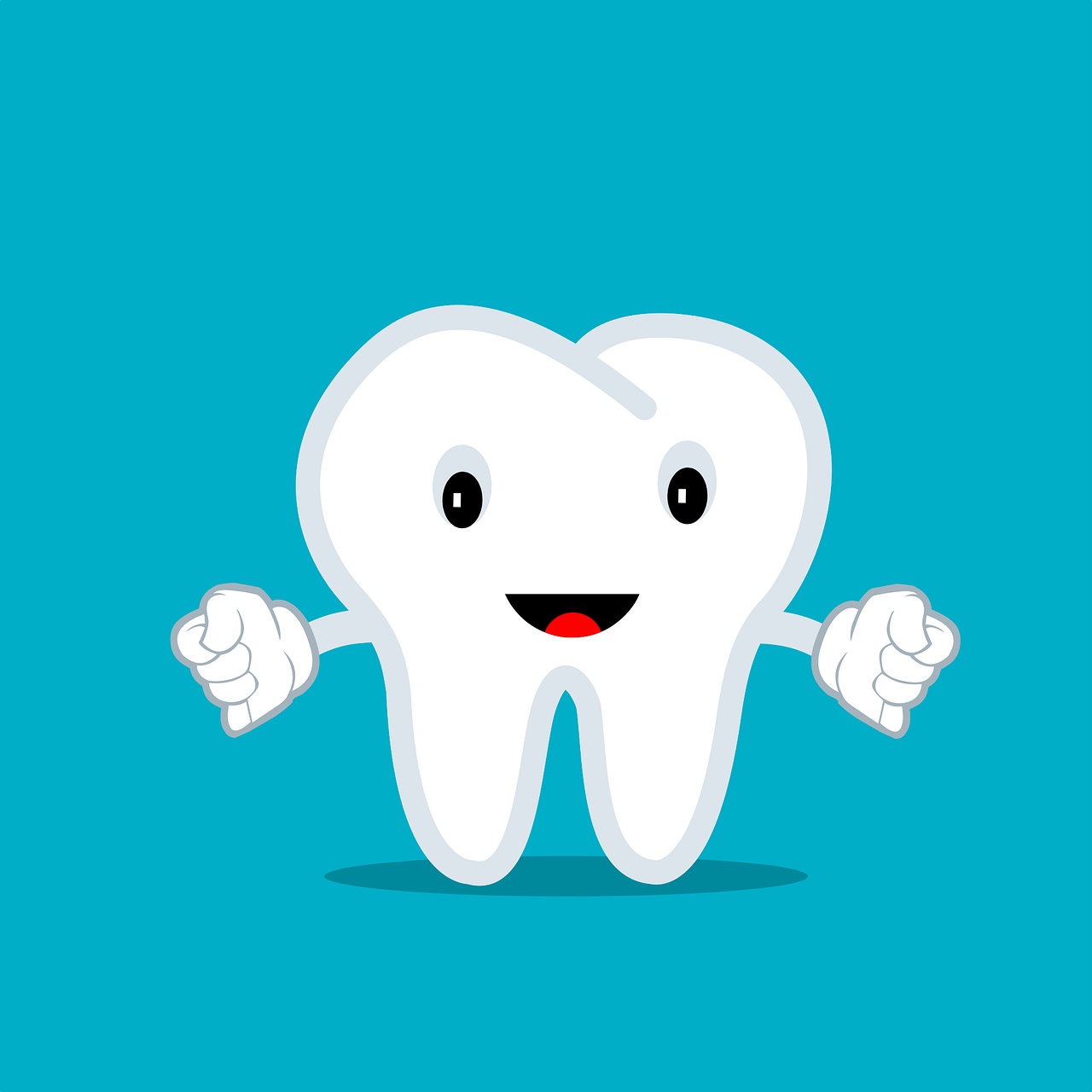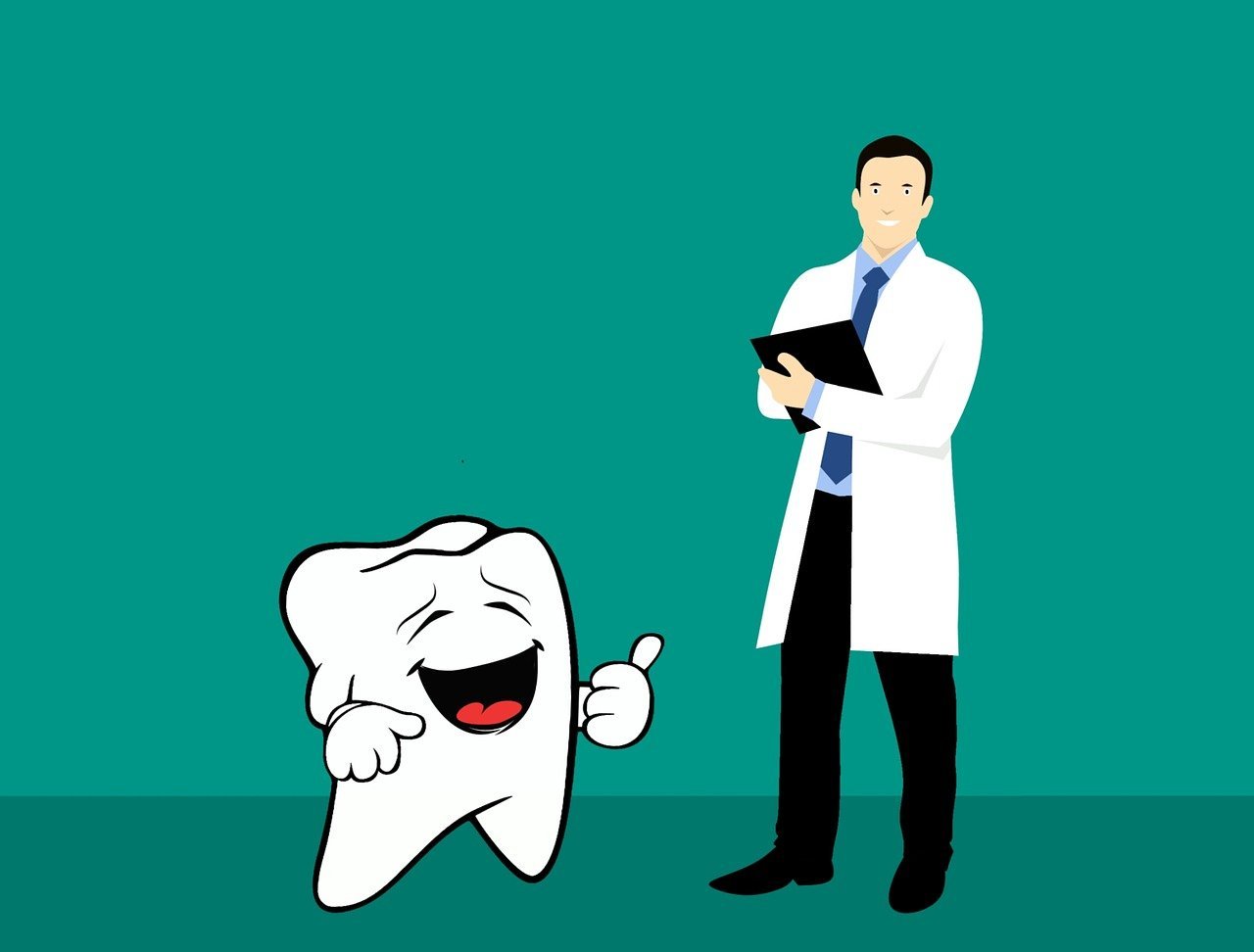Children’s dental health is a crucial aspect of their overall well-being, as it lays the foundation for lifelong oral hygiene practices. Throughout various stages of development, from infancy to adolescence, children’s dental needs evolve significantly.
Newborns typically start with no teeth, but by the age of six months, their first baby teeth usually begin to emerge. These primary teeth, often referred to as baby teeth, serve multiple roles, such as facilitating proper chewing and aiding speech development, which are essential for a child’s growth and communication skills.
As children grow, their primary teeth not only assist with these functions but also play a critical role in guiding the permanent teeth into their correct positions. The loss of baby teeth occurs typically between the ages of six and twelve, making way for the emergence of adult teeth. This transition period is vital, as any premature loss of primary teeth can lead to misalignment, impacting dental development and overall oral health.
Aside from their functional significance, primary teeth can also be susceptible to dental issues. Cavities are a common concern, often arising from improper oral hygiene practices or excessive sugar consumption. Gum disease is another issue that can affect children, particularly if proper dental care is not established early on. Fostering good oral habits, beginning with regular brushing and flossing, and scheduling routine dental check-ups is essential to circumvent these common conditions. The emphasis on starting dental care early cannot be overstated; early intervention plays an essential role in ensuring a healthy smile for children.
In light of the unique dental needs of children, it is imperative for parents to remain vigilant and proactive in maintaining their children’s dental health, thus laying the groundwork for healthy habits that will persist into adulthood.
Essential Dental Hygiene Practices for Kids

Maintaining optimal dental hygiene is crucial for children’s overall health. Parents play a vital role in ensuring their children adopt suitable dental care practices from an early age. Regular brushing and flossing are foundational elements in preventing cavities and promoting healthy gums.
Children should ideally brush their teeth twice a day using fluoride toothpaste. For younger children, a small, pea-sized amount of toothpaste is sufficient, while older kids can use a slightly larger quantity. It is important to supervise or assist kids aged five and under during brushing to ensure proper technique and efficacy.
When it comes to technique, parents should encourage their children to use gentle, circular motions when brushing, ensuring that all surfaces of the teeth are thoroughly cleaned, including the fronts, backs, and chewing surfaces. Flossing should be introduced when children have two teeth that touch, usually between ages two and six.
Using child-friendly flossers can make the task easier and more appealing. Additionally, parents can instill a sense of responsibility in their children by allowing them to choose their toothbrushes and toothpaste, making the process more engaging.
Moreover, dental check-ups are an essential part of a child’s dental health routine. The American Dental Association recommends that children should see a dentist by their first birthday, and regular visits should occur every six months thereafter.
This allows for early detection of any potential issues and instills good habits. Alongside oral hygiene practices, dietary choices significantly influence dental health. Parents should monitor their children’s intake of sugary snacks and beverages, as frequent consumption can lead to tooth decay. By encouraging a balanced diet, rich in vegetables and low in added sugars, parents can help foster lifelong healthy habits.
Creating a Positive Attitude Towards Dental Visits
Fostering a positive attitude towards dental visits in children is essential for their long-term oral health. One effective strategy is to prepare children in advance for their appointments. This can involve discussing what will happen during the visit in a friendly and reassuring manner.
Parents can utilize role-playing scenarios, where they pretend to be the dentist and the child plays the patient. This approach not only helps demystify the experience but also enables children to express their feelings and ask questions about their dental care.
Reading stories that normalize dental experiences can also play a significant role in shaping a child’s perception of visits to the dentist. There are numerous children’s books available that feature characters who visit the dentist, experience cleanings, and face dental challenges.
Sharing these stories can help children relate to the characters and instill a sense of understanding and comfort regarding their own visits. As parents share these narratives, they should emphasize positive outcomes and the importance of oral hygiene to reinforce good habits.
Choosing a pediatric dentist is another critical step in creating a welcoming dental environment. A pediatric dentist specializes in treating young patients and is trained to communicate effectively with children. When selecting a dentist, parents should look for one who fosters a warm atmosphere, uses child-friendly language, and ensures that the office is visually appealing to younger patients. This environment can significantly alleviate any anxiety children may have about dental visits.
Lastly, celebrating dental health milestones can encourage children to adopt good oral hygiene habits. Recognizing achievements such as a successful dentist visit or improved brushing skills reinforces positive behavior and instills pride in maintaining their dental health. By implementing these strategies, parents can significantly influence their children’s attitudes towards dental care, paving the way for a lifetime of healthy habits.
Addressing Common Dental Issues in Children

Children often encounter various dental issues, with tooth decay being one of the most prevalent. Tooth decay occurs when bacteria in the mouth produce acids that erode tooth enamel, leading to cavities.
Parents should remain vigilant for signs of tooth decay, such as sensitivity to hot or cold foods, visible holes in teeth, or a persistent toothache. Regular dental check-ups can help in early detection and intervention, thus preventing more severe complications.
Another common concern is the need for orthodontic treatment. Many children experience misalignment of teeth and jaws, which can impact oral health and self-esteem. Symptoms of orthodontic issues include difficulty in chewing, speech impediments, or teeth that are overcrowded or spaced too far apart. When parents notice these signs, consulting an orthodontist can provide options for corrective treatment, often recommended during the growth spurt of early adolescence.
Injuries to the teeth are also frequent in active children. Accidental falls, sports-related incidents, or rough play can result in chipped or knocked-out teeth.
Parents should be prepared by knowing first-aid steps for dental injuries, such as saving the tooth in a container of milk and seeking emergency dental care promptly. Awareness and prevention strategies, including the use of mouthguards in sports, can mitigate these risks.
Preventive measures, such as dental sealants and fluoride treatments, can significantly decrease the likelihood of cavities and further complications. Sealants are protective coating applied to the chewing surfaces of back teeth, while fluoride strengthens tooth enamel against decay. Additionally, maintaining a balanced diet, low in sugars and high in vitamins and minerals, plays a critical role in sustaining good dental health.
Encouraging good dental habits from an early age is crucial. Teaching children to brush twice a day, floss regularly, and make routine visits to the dentist fosters a lifetime of healthy oral practices. By being attentive to these common dental issues and proactive in their approach, parents can ensure their children develop and maintain optimal dental health throughout their lives.


